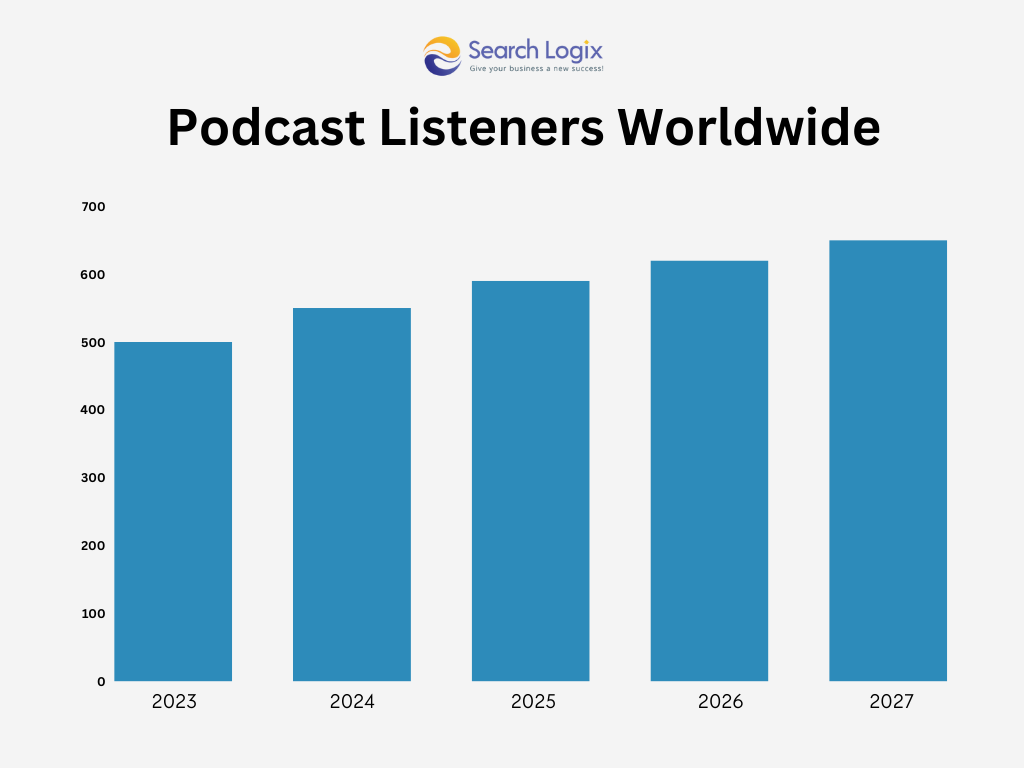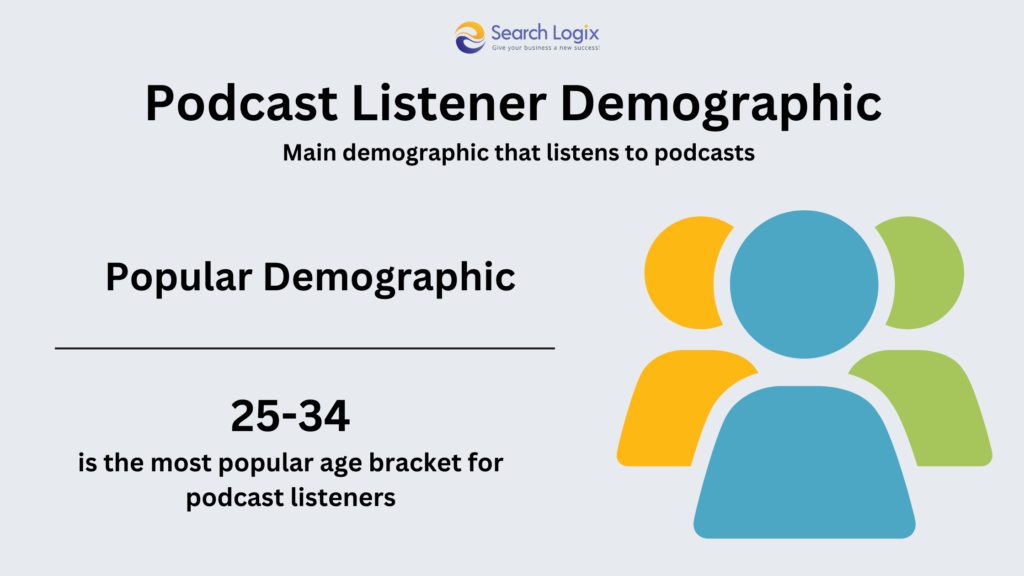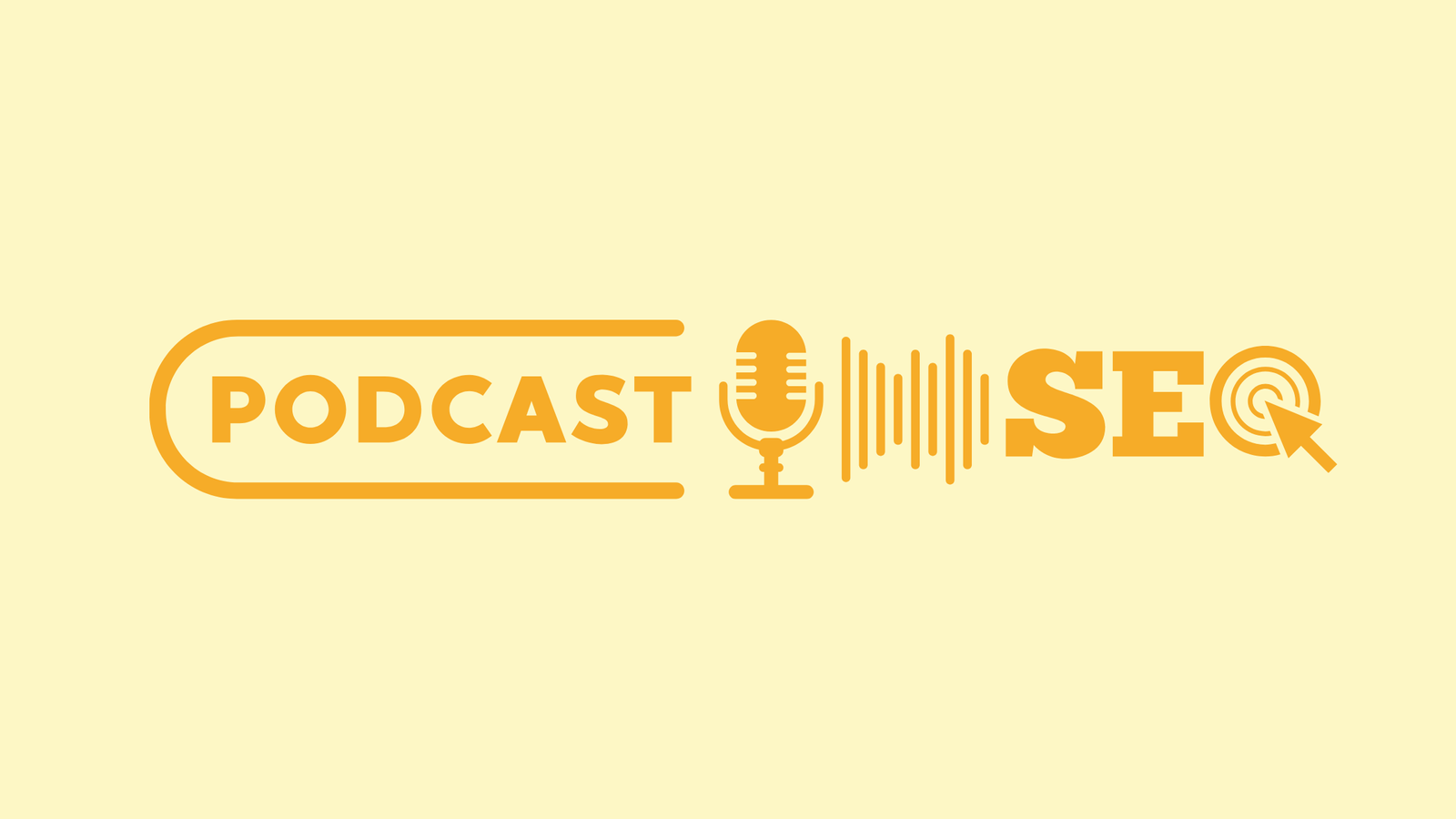Podcast SEO: Benefits and Strategies
Podcasts are fast becoming one of the most popular forms of content consumption. With millions of active podcasts available globally, it’s no wonder that businesses, creators, and marketers are looking for ways to maximize their podcast’s reach. But simply publishing a podcast episode is not enough.
To ensure that your podcast is discovered, consumed, and appreciated by your target audience, Podcast SEO is essential. Podcast SEO is the process of optimizing your podcast content so that it ranks higher in search engines and podcast directories.
Hence, it helps in increasing visibility, attracting more listeners, and building authority for your brand. Just like traditional SEO for websites, Podcast SEO is a process that focuses on keyword optimization, technical elements, content strategy, and outreach.
In this blog, we will discuss the benefits of Podcast SEO, its importance in growing your audience, and the best strategies to implement to boost your podcast’s SEO performance.
What is Podcast SEO?
Podcast SEO simply means optimizing podcast episodes, metadata, and all your supporting content. These include showing notes and implementing transcripts so they rank high on search engines and directories of podcasts.
Podcast SEO is just the same concept as traditional website SEO; after all, your ultimate objective would be to help the search engine (and most importantly your target audience) discover your content, understand it, and engage with it.
Podcasts are multiplying exponentially, but the competition is also fierce. With so many podcasts out there, it becomes no easy feat to be noticed. Podcast SEO is vital because it increases the probability of your podcast being found by the right audience.

By optimizing your podcast for search, you ensure that when people search for topics that are in line with the niche of your podcast, your content will easily pop up.
Benefits of Podcast SEO
Podcast SEO brings a lot of benefits to your brand, including higher visibility and branding in the competitive market. Have a look:
1. Increased Visibility and Discoverability
The most important advantage of Podcast SEO is increased visibility. By optimizing your podcast, you increase the chances of it being found in podcast directories like Apple Podcasts, Spotify, and Google Podcasts, and even in search engines like Google.
With higher visibility, more people will discover and listen to your podcast, thereby expanding your audience.
2. Attracting a Targeted Audience
Podcast SEO allows you to target your ideal audience using the right keywords. By adding relevant keywords to your podcast title, descriptions of the episodes, and show notes, you’re sure to attract listeners who genuinely have an interest in your content. This makes for a more engaged and loyal listening audience.

3. Improving User Experience and Participation
Optimized podcasts are more consumable and more accessible. The more your episodes are organized, easy to find, and contain relevant content, the more users are likely to engage with your podcast. This may lead to higher subscribers, more listens per episode, and a better retention rate.
4. Establishing Brand Authority and Credibility
When your podcast ranks high within search engines and podcast directories, it positions you as authoritative in your niche. Optimized high-quality content establishes that credibility, which may attract all sorts of collaborations, sponsorships, and opportunities for the podcast.
5. Enhancing Sustainable Organic Growth
Podcast SEO helps promote organically. Long-tail keywords, high-quality content production regularly, and aggressively pushing out your podcast across networks help ensure long-term, sustainable growth for your podcast.
Podcast SEO Strategies
Implement the following podcast SEO strategies to make your business leverage desired outcomes for your business and leverage the latest SEO techniques:
1. Optimize Your Podcast Title
The most significant SEO element of the podcast is its title. It needs to be descriptive of your podcast and also include all relevant keywords. For example, instead of just saying “Tech Talk,” the most SEO-friendly title will be “Tech Talk: The Latest Trends in Technology and Innovation.” This includes both your niche and main topic for searching.
2. Keyword selection for episodes
Keywords are vital for SEO. Research what your target audience is looking for and include it in your podcast titles, descriptions, and show notes. You can use tools like Google Keyword Planner and Ahrefs to get high-traffic keywords related to your niche.

3. Optimizing Episode Descriptions and Show Notes
This is an excellent time to enhance your SEO using episode descriptions and show notes. The description of each episode must be keyword-rich and provide information about the content covered. Use time stamps, key takeaways, and resources related to the episode. Chances of getting your podcast are more in the related searches.
4. Developing Catchy Episode Titles
Your episode title should be catchy and descriptive. Besides using relevant keywords, it should spark curiosity and make users click. Avoid overly generic titles and instead aim for specificity to appeal to listeners’ needs and search intent.
5. Using Transcriptions for Better SEO
Having a transcription of your podcast allows search engines to crawl and index the content, therefore making it easier for the search engine to recognize topics in your podcast and possibly increase long-tail keyword chances to rank. Transcriptions help also make your podcast accessible to reading-loving listeners.
6. Making shareable and engaging content
Producing good shareable content is the best way to grow an organic audience with your podcast. Because quality information is interactive and relevant, it will be shared across social media and other distribution channels, which can cause your podcast to grow.
7. Optimize your Website for Podcasts
Having a website for your podcast is yet another SEO optimization opportunity. Create a dedicated podcast page with a full episode list, show notes and transcripts. Embed your podcast episodes on the website, so visitors can listen directly from there.
8. Building Backlinks to Your Podcast
Building backlinks to your podcast website or episode pages is vital for improving SEO. Inbound links from authoritative sources suggest to search engines that the content is valuable and trustworthy. You can build links by being a guest on other podcasts, teaming up with influencers, or landing in industry-related articles.
Technical Aspects of Podcast SEO
- RSS Feed Optimization
An RSS feed is essential for distributing your podcast across podcast directories. Make sure that your RSS feed is optimized with accurate metadata, including the episode title, description, and keywords.
- Using Podcast Directories
Make sure your podcast is listed in major podcast directories like Apple Podcasts, Spotify, and Google Podcasts. These directories are where most podcast listeners search for content. Proper categorization, tags, and descriptions in these directories increase your chances of being discovered.
- Podcast Hosting Platforms and Their Impact on SEO
Choosing the right podcast hosting platform is critical. Your hosting platform should offer features like custom metadata, easy RSS feed management, and the ability to embed your podcast on your website. Platforms like Buzzsprout and Libsyn offer SEO-friendly features for podcasters.
- Embedding Podcasts on Your Website
Embedding podcasts on your website with the appropriate player is an effective way to boost your SEO. It increases engagement and gives search engines more opportunities to crawl your podcast episodes. Always include keyword-rich descriptions and transcriptions on the embedded pages.
Common Podcast SEO Challenges to Avoid
While podcasting has become a powerful content marketing tool, optimizing podcasts for SEO comes with its own set of unique challenges. These challenges, if not addressed properly, can hinder your ability to grow your audience, rank higher in search results, and effectively leverage your podcast as a marketing channel.
Let’s explore some of the most common Podcast SEO challenges:
1. Lack of Structured Data for Podcasts
Unlike traditional web pages that can use structured data (Schema.org markup) to help search engines understand content, podcasts don’t always have a straightforward method to communicate their metadata to search engines.
Many podcast platforms and hosting services still don’t provide rich, structured data that can be easily indexed. This makes it harder for search engines like Google to parse and rank the content.
2. Discovery in Search Engines
Despite the increasing popularity of podcasts, discoverability remains one of the biggest challenges. Podcasts primarily exist in directories like Apple Podcasts, Spotify, or Google Podcasts, but traditional search engines (like Google) are not yet as adept at indexing podcasts as they are at indexing articles and blogs.
3. Difficulty in Keyword Optimization
Keyword research for podcasts is more complex than traditional SEO for websites. Since podcasts are audio-based, understanding and implementing keywords directly within the content can be challenging. It’s not always clear how to strategically use keywords in audio files, and listeners often use natural, conversational language when searching for podcasts.
4. Creating Engaging and Shareable Content
Podcasts, by nature, can be difficult to “share” as easily as written content like blogs or social media posts. While platforms like Spotify and Apple Podcasts offer share options, the shareability of audio content is not as seamless as sharing a link to a blog post or image. This can limit the viral potential of your content.
5. Technical SEO Challenges
For podcasts, technical SEO goes beyond having a well-optimized RSS feed. It also involves ensuring that podcast files are hosted on reliable, fast-loading platforms, ensuring mobile responsiveness, and optimizing player compatibility.
Podcasts are primarily audio files, so issues with file sizes, compression, and load times can affect the overall user experience, potentially lowering your SEO rankings.
6. Measuring SEO Success and Analytics
Unlike websites, where it’s easy to measure traffic and track keyword rankings, measuring the effectiveness of podcast SEO is trickier. Traditional analytics tools like Google Analytics don’t track podcast listenership, making it harder to get a complete picture of your podcast’s performance. Additionally, podcast directories have limited insights when it comes to SEO-specific metrics.
7. Limited Control Over Podcast Directories
While there are numerous podcast directories like Apple Podcasts, Spotify, and Google Podcasts, you often have limited control over your podcast’s visibility and ranking in these directories. Each platform has its algorithms and rules for ranking podcasts, and changes to those algorithms can sometimes be out of your hands.
Leverage eSearch Logix Podcast SEO Strategies.
Podcast SEO offers immense potential to boost your podcast’s reach and build a dedicated audience. However, it also presents unique challenges due to the audio format and the evolving nature of search engine algorithms.
By addressing these challenges and implementing the right strategies—such as optimizing titles, descriptions, and transcriptions, improving technical SEO, and tracking your podcast performance—you can overcome these obstacles and set your podcast up for success.
As a leading SEO agency, eSearch Logix offers specialized services to help you optimize your podcast for maximum visibility and growth. Our team understands the unique challenges that come with Podcast SEO and provides comprehensive solutions tailored to your needs.
We offer the following Podcast SEO services:
- Metadata optimization for better indexing by search engines.
- Content strategy to improve discoverability and engagement.
- Transcription services to convert audio into text and enhance SEO.
- Backlink strategies to build authority and increase reach.
- Podcast performance tracking with advanced analytics tools to monitor growth.
Partner with eSearch Logix to stay ahead of the competition and boost your podcast’s reach and SEO performance effectively.







